Without granting any stay, the Supreme Court on October 1st heard arguments from both sides on the new TRAI tariff order and the double bench composed of Justices U.U. Lalit and S. Ravindra Bhat posted the matter for a final hearing on November 30.
Senior counsel Mukul Rohatgi has appeared on behalf of the Indian Broadcasting and Digital Foundation (IBDF). He said that apart from the 2020 regulation that capped channels’ MRP to Rs 12, the broadcasters’ body is also challenging the earlier 2017 regulation that had restricted paid channels price to Rs 19.
Mr Rohtagi argued that these orders of TRAI are arbitrary and not supported by any consumer insight. Further, he said that NTO 2.0 will reduce the number of paid channels included in bouquets, leading to increased costs for consumers and lower reach for broadcasters.
Previously, the respondent TRAI and petitioner IBDF had filed counter-reply and rejoinder in the court. While adjourning court to November 30th, the bench directed counsels of both parties to file written submissions before November 12, 2021.
According to IBF, the verdict of Bombay High Court upholding NTO 2.0 violates fundamental rights to fix charges of broadcasters. The petitioners in this case are associations like Film and Television Producers Guild of India, Indian Broadcasting and Digital Foundation (IBDF) and major broadcasters such as Star India, Disney India, ZEEL, Asianet, TV18 Broadcast, and Sony Pictures Networks India.
The new tariff order and broadcast regulations were notified on January 1st, 2020 and it was to be implemented by March 1st, 2020 but IBF, TV and Films Producers Guild of India and other broadcasters moved to High Courts challenging the new regulations.
Later, the Bombay High Court upheld NTO 2.0 and struck down the second ‘twin condition’ clause of the 2020 Tariff Order, on the grounds of it being arbitrary and violating requirements of transparency under Section 11(4) of the Trai Act. Then, the broadcasters challenged this order again in the Supreme Court. Due to these legal hurdles, NTO 2.0 is only partially implemented by all pay DPOs that are compliant with the regulations since the first week of March 2020.

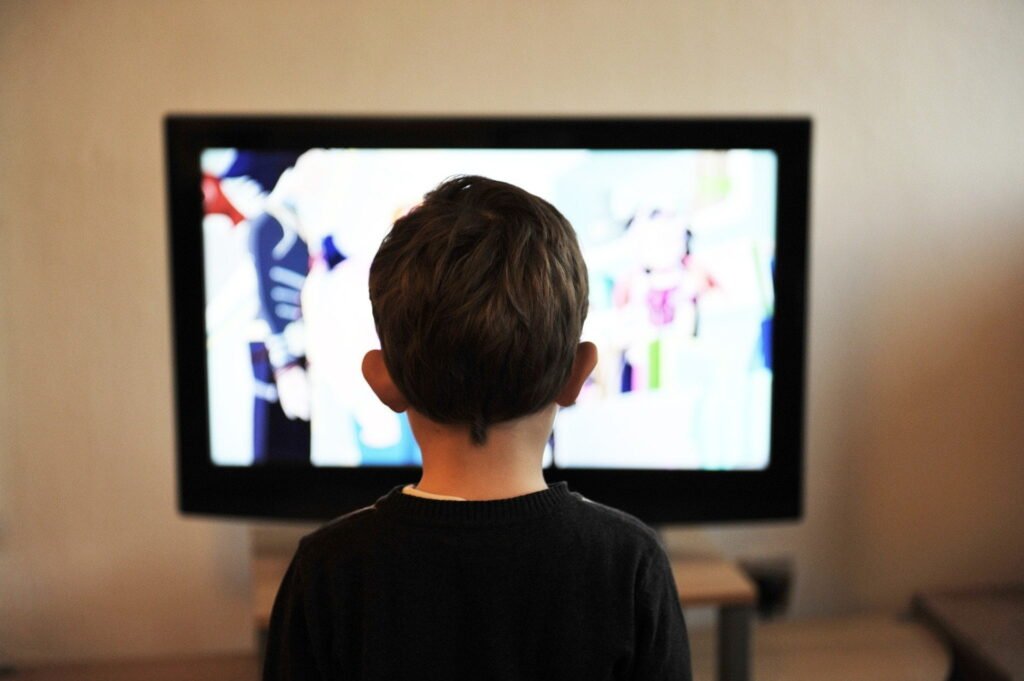

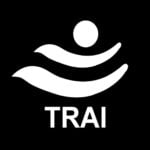
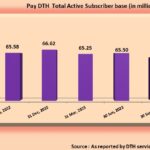
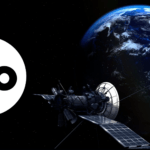
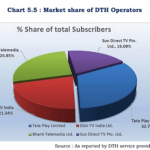

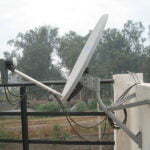
435 replies
Loading new replies...
Join the full discussion at the DreamDTH Forums →